Dr. Elina Tomski Reverses Pre-Diabetes with a Whole-Food Plant-Based Diet + Broccoli Cabbage Stir Fry
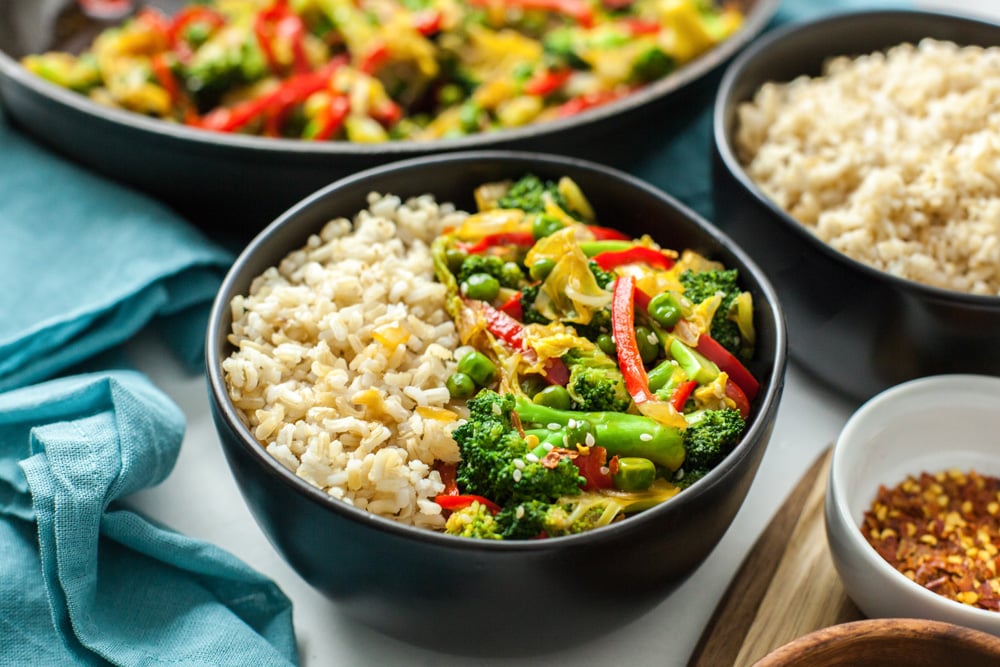
By Molly Patrick
Feb 22, 2020,
By Molly Patrick
Feb 22, 2020,
Today I’m talking with Dr. Elina Tomski, MD, who has her own family medical practice in Florida.
She was pre-diabetic for 5 years, despite taking supplements, exercising, and watching her carb intake. Elina heard about the positive effects that eating a plant-based diet has on diabetes and although she was skeptical, she decided to give it a try.
Much to her surprise and delight, after following a Whole-Food Plant-Based diet for 4 months she reverses her pre-diabetes and is no longer pre-diabetic, and she’s healthier than ever. Before you dive into our talk, here’s what Elina had to say:
My Hgb A1c was 5.9 despite being on a very restrictive low carb diet, exercising daily and taking multiple supplements for pre-diabetes. Diabetes runs in my family, and I didn’t think it was possible to reverse it.
After I found “How Not To Die” by Dr. Michael Greger, I totally changed my eating pattern. After 4 months of eating a whole-food plant-based diet (including complex carbs) and following the Clean Food Dirty Girl meal plans, my A1c is now 5.5 and I am no longer pre-diabetic.
I am soooo happy! I tell all my patients about this way of eating and the meal plans.
Thank you!
Elina Tomski, MD
Elina, I am so happy for you AND your patients! We should all be so lucky to have a doctor like you. Thank you for talking with me and for setting a fantastic example for your family and your community.
Check out our weekly whole-food plant-based Meal Plans here.
Are you pre-diabetic or have you managed to reverse your pre-diabetes? We would love to hear from you in the comments below!

Ingredients
- ¼ cup water (60 ml)
- 3 tablespoons soy sauce
- 2 tablespoons coconut aminos
- 1 tablespoon arrowroot powder
- 1 teaspoon onion powder
- ½ teaspoon black pepper (about 20 turns)
- ¼ teaspoon dried red chili flakes
- ¼ teaspoon ginger powder
- 1 red bell pepper, thinly sliced (about 1 cup / 150 g)
- ½ cup chopped yellow onion (65 g)
- 4 cups bite-sized broccoli florets (260 g)
- 3 cups sliced Napa cabbage (175 g)
- 1 cup frozen green peas (110 g)
- 2 garlic cloves, minced
- 1 tablespoon sesame seeds
Instructions
- In a small bowl, whisk together the water, soy sauce, coconut aminos, arrowroot powder, onion powder, black pepper, dried red chili flakes and ginger powder. Set aside for now.
- Place a large skillet over medium-high heat for 2 minutes. Add the red bell pepper and onion and cook for 5 minutes, stirring frequently and adding a splash of water when they start to stick.
- Add the broccoli, cabbage, peas and garlic and saute for 10 – 12 minutes, until the veggies are crisp-tender.
- Whisk the liquid mixture that you set aside earlier, add it to the skillet and gently stir. Add the sesame seeds and cook for another minute, scraping up the bits of browned veggies from the bottom of the skillet with a spatula and incorporating them into the mixture.
- Serve over
brown rice ,quinoa , or any other grain.
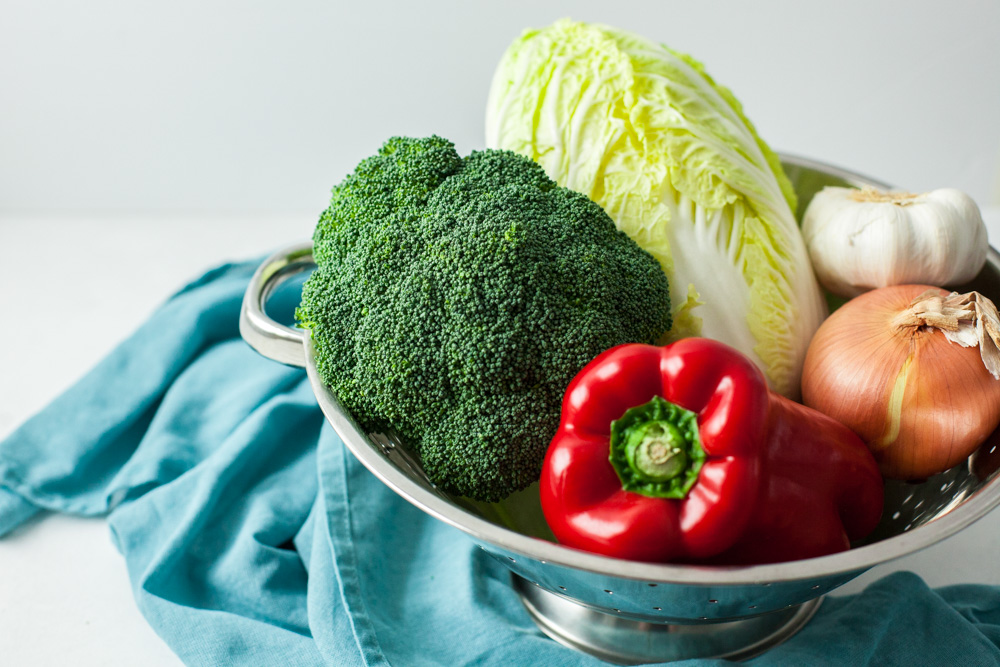
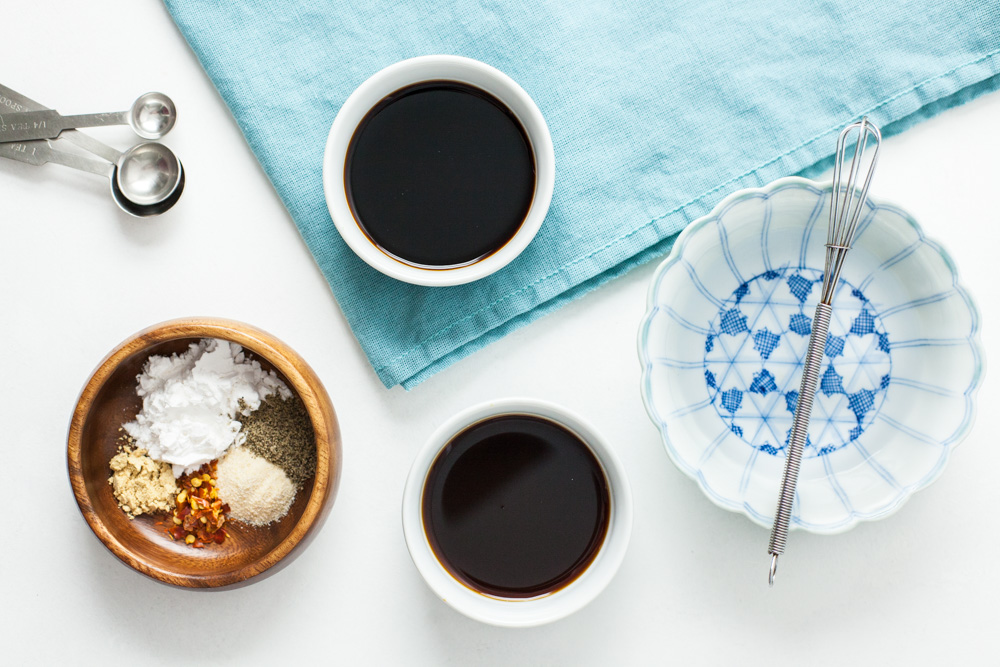


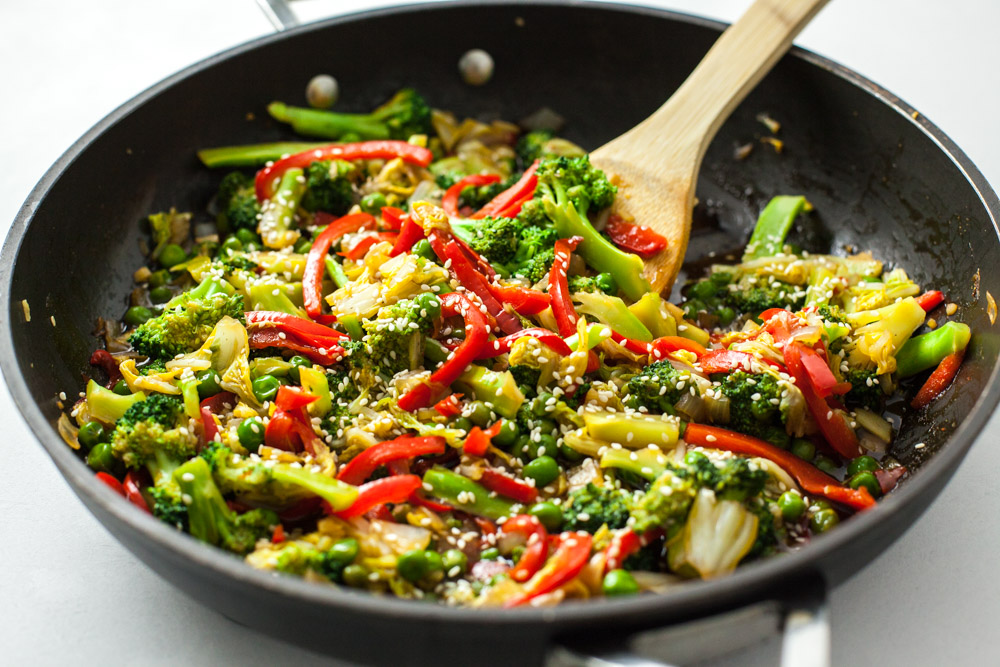
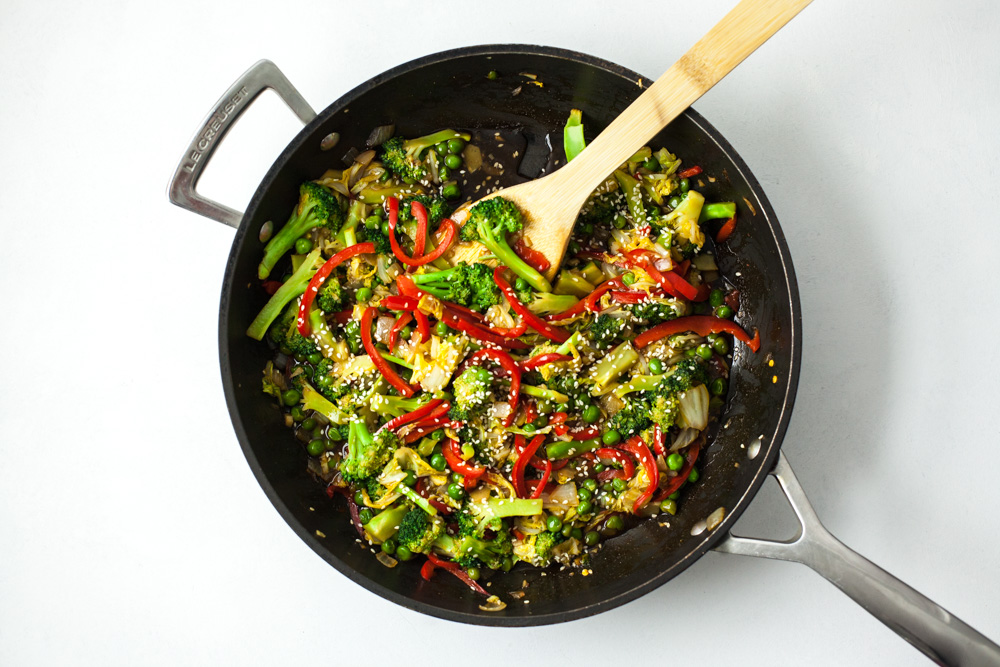

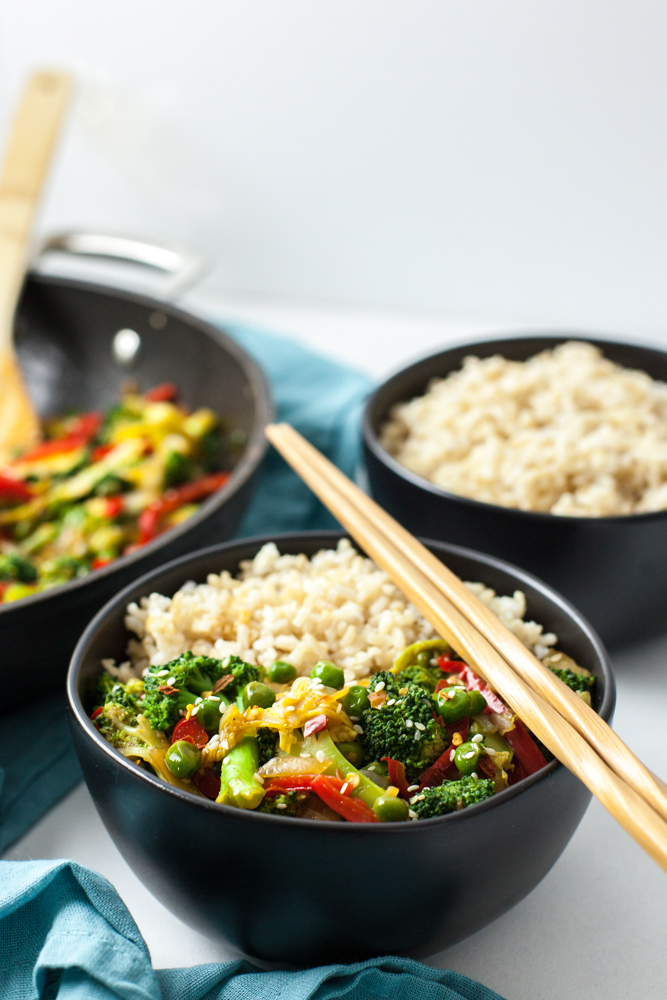

Wishing you a happy week. May it be filled with healing your body with the food you eat.
Xo
Molly
14 Comments
Leave a Comment
You may also enjoy...
Love the food that loves you back
Get instant access to thousands of plant-based recipes and meal plans, no credit card or perfection required.


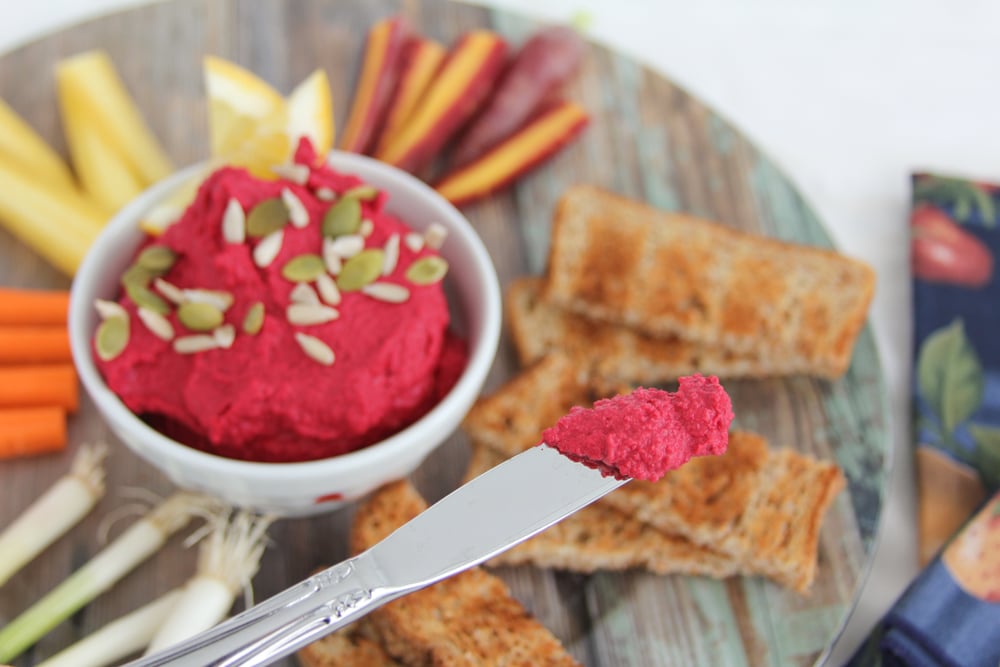



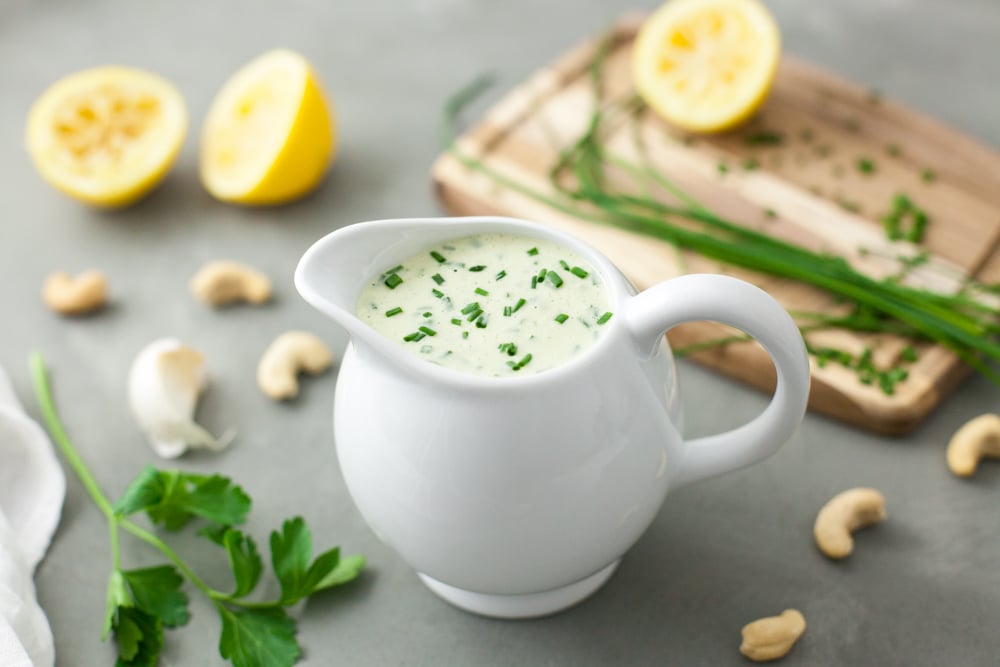

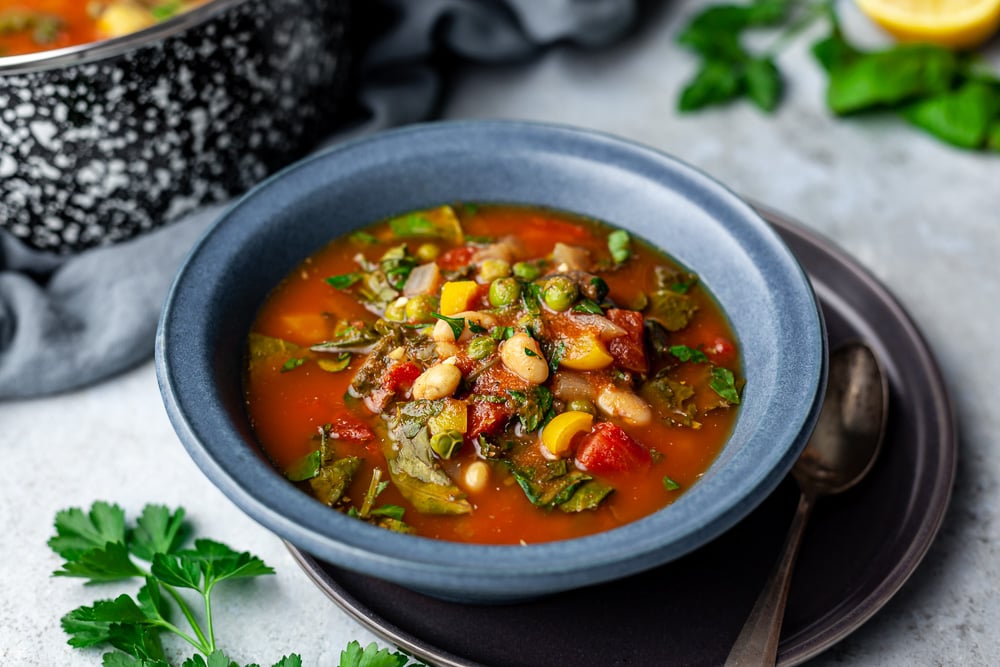
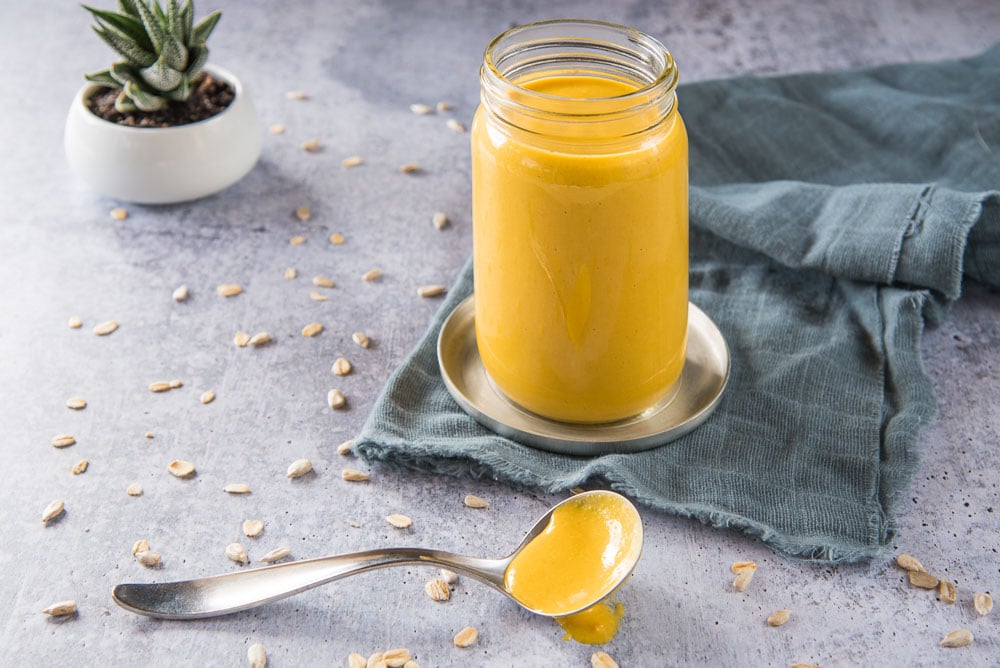



I admire that you went into trying this dietary pattern so you could better help patients embarking upon it themselves. And, I’m really happy for you that the change made such an impact. Thank you for sharing your story! ~Karen
Interesting talk, thank you for sharing. Recipe looks good too.
So glad you liked our talk!
xo
Molly
I’m curious. Why both soy sauce and coconut aminos? From my recollection they are very similar in taste so I don’t see why not just go with one or the other.
Thanks!
.Jenn.
Hi Jenn! Coconut aminos is a little milder and sweeter in taste than soy sauce or, say, traditional liquid aminos. Additionally, it has a much lower sodium content, so we’ll sometimes use both to punch up the flavor and complexity of a dish without loading it with sodium. I hope I answered your question. 🙂
Thanks for the reply! This was helpful. I forgot to check back for you answer.
I too was prediabetic and plant based eating helped me!
My granddaughter and I loved the recipe. Next time I’m going to switch out the peas for edamame.
Congratulations – great job!
xo
Molly
I feel a bit backwards. I have been vegetarian for 20 years, vegan for 9 and wfpb for 5. Exercise has been a part of my life always. But just recently I found out I am prediabetic (right on the line) and my cholesterol is not good. I subscribe to another wfpb meal plan and plan to start yours in April when that one ends. Any suggestions for me?
Thanks!
Tracy
Hi Tracy, The best advice we can offer is to look for a plant based physician or registered dietitian to consult with. They can evaluate your dietary intake and medical history in context of a plant based dietary pattern to guide you best. ~Karen
I am trying to plan to feed a family of 4. How many servings will the recipe above yield? Thank you, it looks delicious.
Hi Lauren,
Looking at the volume of the ingredients, as written this recipe is more like 2-3 servings for a main meal if served with a whole grain as suggested. Though, it depends on the appetites of the eaters. I would increase it by doubling to serve 4 and you’ll likely have some leftover. As a heads up, our Meal Plans and Recipes classroom and Free Trial allows for automated scaling of our recipes to adjust the grocery list and recipe instructions (though, this particular recipe is not in the portal as it is not a meal plan recipe – go figure!). ~Karen
So how come you decreased your AIC by 0.4 by changing your eating. Is it because plant based has lots of carbs? Isn’t that a lot of sugar ? I tried it but it doesn’t fill me up and it makes me crave more carbs
Hi Cathy,
Thanks for checking out the interview! There are many people who manage their diabetes with a whole food plant based diet. Check out some other interviews here.
Of course, you should work closely with your doctor when changing your diet, and we’re not qualified to give medical advice, but there is promising research suggesting the added fats in our diets are more closely linked to diabetes than carbs. Whole food plant based eating is free of meat, dairy, eggs, oil, and highly processed ingredients. One important factor for feeling satiated and regulating insulin production is fiber, so it’s important to eat fiber with your carbs.
Best of luck!
Stephanie